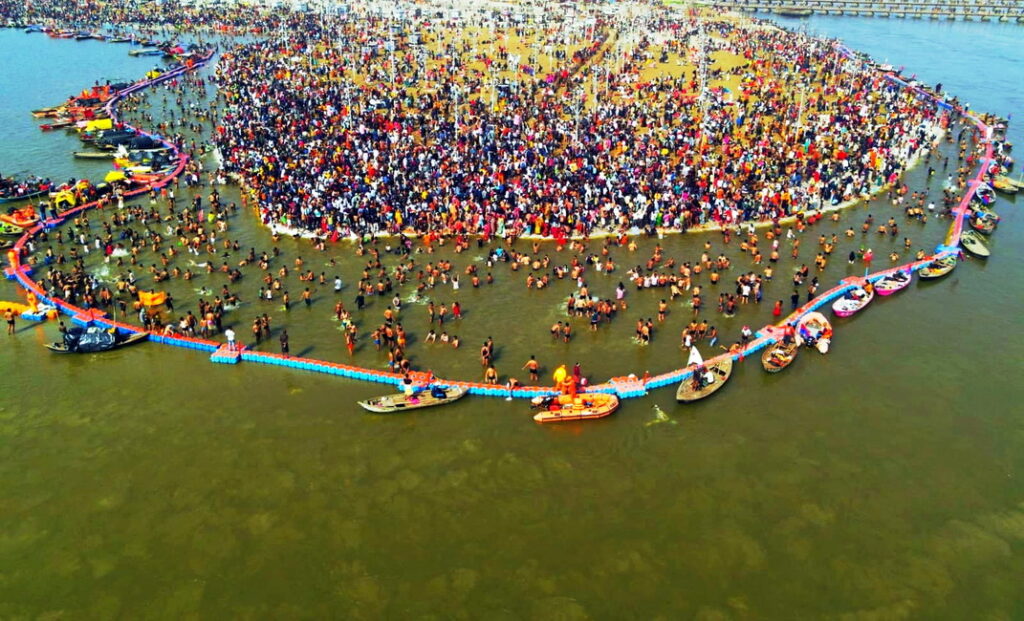
The 2025 Maha Kumbh turned out to be an experience like none other. Spread over more than 4,000 hectares, the mega event attracted more than 55 crore (550 million) people, making it the largest gathering of humanity anywhere on the planet. The 2025 Maha Kumbh showcased one of the greatest celebrations of India’s cultural and spiritual heritage to the world. It also showed the world that ancient spiritual traditions can coexist harmoniously with modern ideas.
In a first, the UP government marketed the Kumbh in other states as well as internationally. As a result, a host of celebrities made a beeline to take a dip in the holy waters of the Sangam. For 45 days, bathing, delivering or listening to spiritual and cultural discourses, living an austere life and performing religious rituals became a way of life for millions of devout people.
On the days of the Amrit Snans (called Shahi Snan earlier), the Maha Kumbh witnessed record-breaking crowds with up to more than five crore people taking a bath in
various parts of the river. Managing such an enormous mass of people was a testament to the logistical resilience of the systems set up by the UP government under the leadership of Prime Minister Narendra Modi and Chief Minister Yogi Adityanath. For more than six months the top officials of the Modi government monitored and coordinated with the state government to ensure seamless delivery of the grandest Maha Kumbh in living memory.
The Maha Kumbh was more than just a spiritual gathering. It also set a shining example of how religious tourism can be harnessed to boost the economy. According to CM Adityanath, the Maha Kumbh generated more than ₹3 lakh crore that will benefit the state. For 45 days, the ancient city of Prayagraj became the centre of attention of the world. It also benefited the economy of neighbouring cities like Ayodhya and Varanasi. People who visited the Maha Kumbh also visited Ayodhya to see the new Ram temple and Varanasi to see the grandness of the Kashi corridor leading to the historic Vishwanath temple.
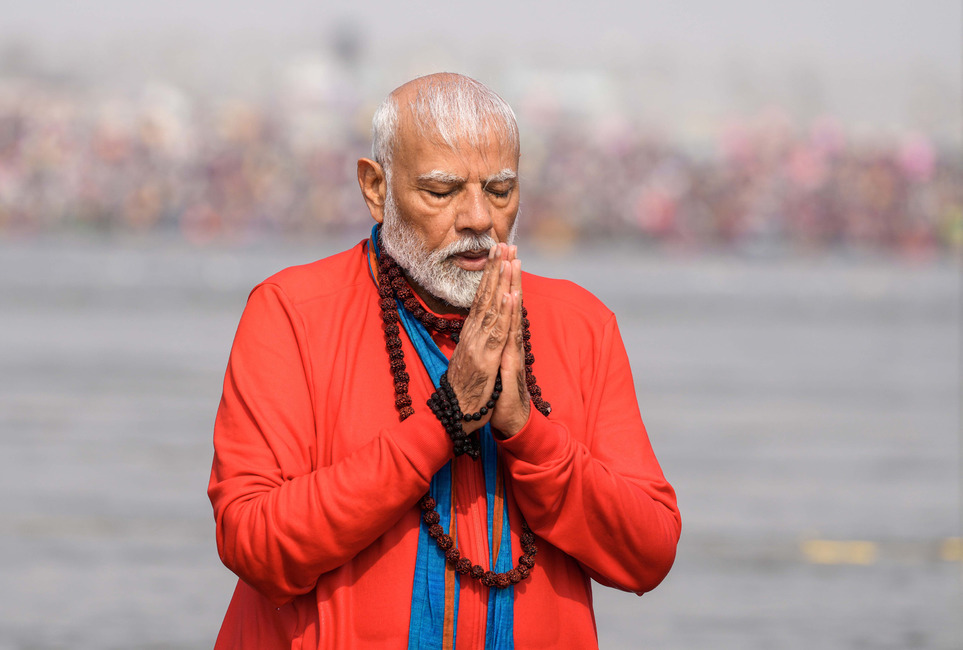
The Call Of Dharma
Both Prime Minister Modi and Chief Minister Adityanath set a dharmic example by taking a bath at the Sangam. Modi visited the Maha Kumbh on February 5, while the UP CM undertook multiple trips to Prayagraj. On January 22, 2025, Adityanath led his entire cabinet of ministers for the ritualistic bath and even conducted a cabinet meeting on the bank of the Sangam.
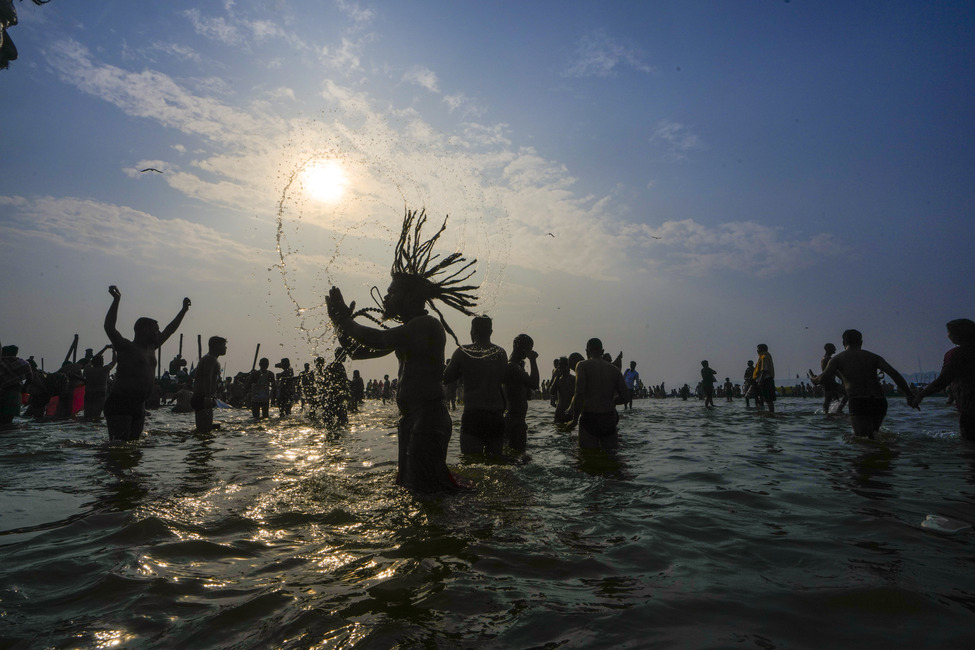
Guardians Of The Faith
The Naga sadhus of various akharas (monastic orders) held everyone in thrall during the Amrit Snans with their display of ritualistic bathing practices.
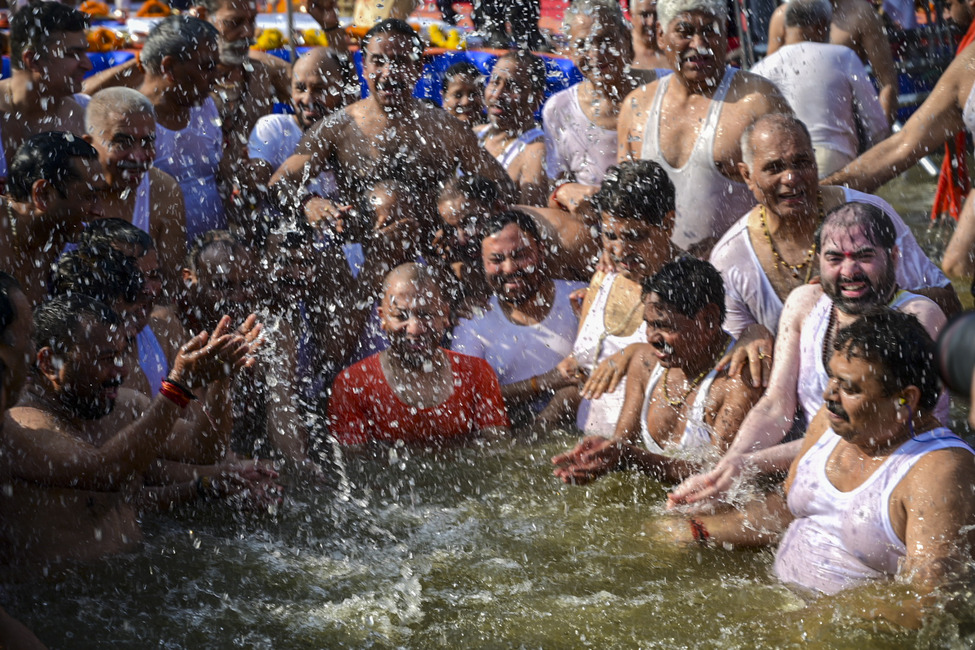
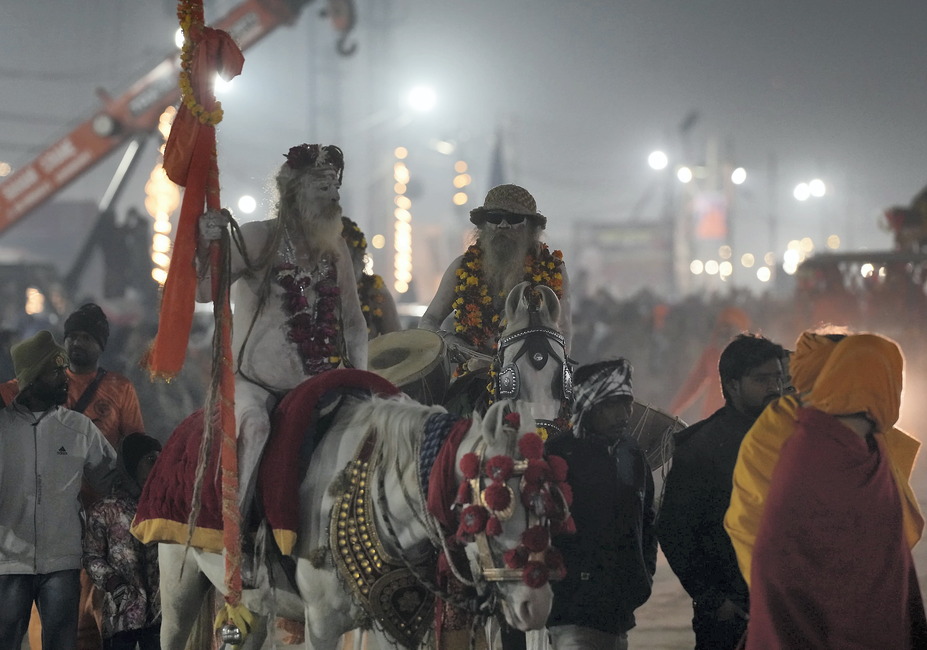
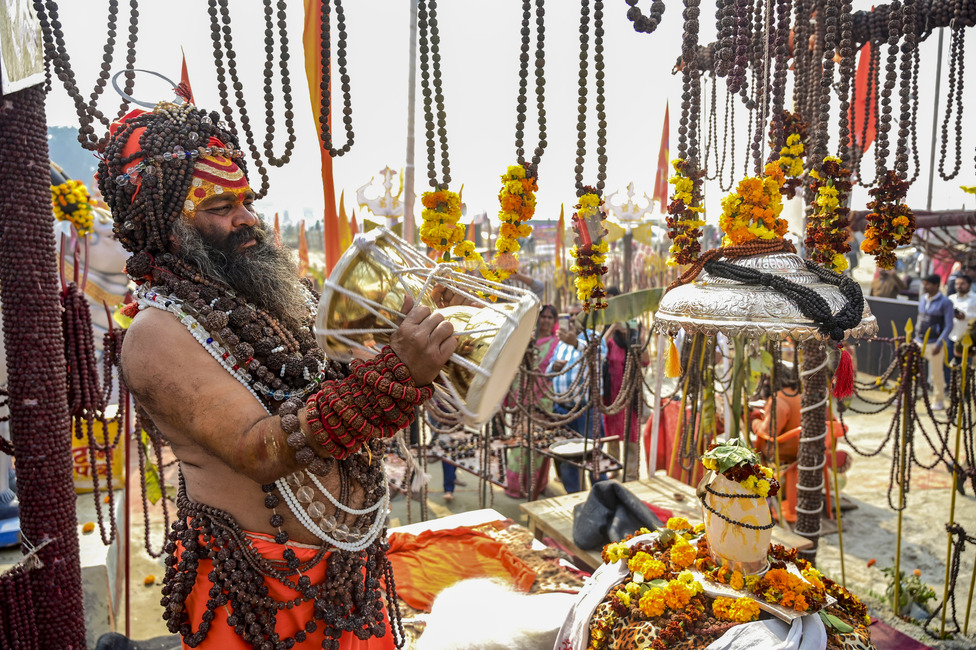
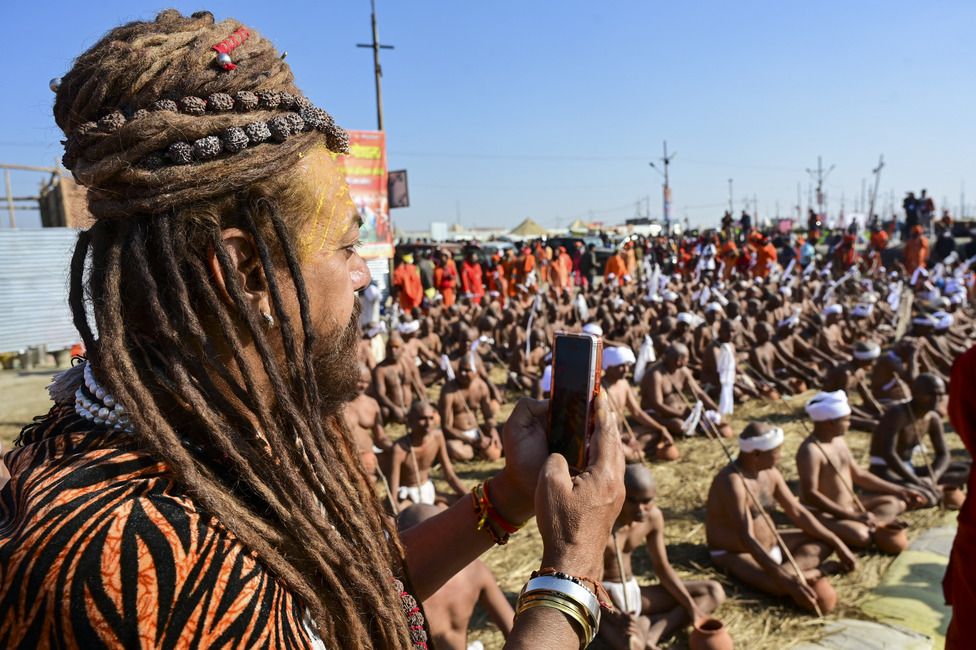
Initiation Into The Order
At every Kumbh, new members are initiated into the akharas after undergoing rigorous training in various religious practices. They
are inducted into the monastic orders after performing elaborate rituals on the banks of the Sangam, which include symbolic renunciation of worldly possessions and severing of family ties.
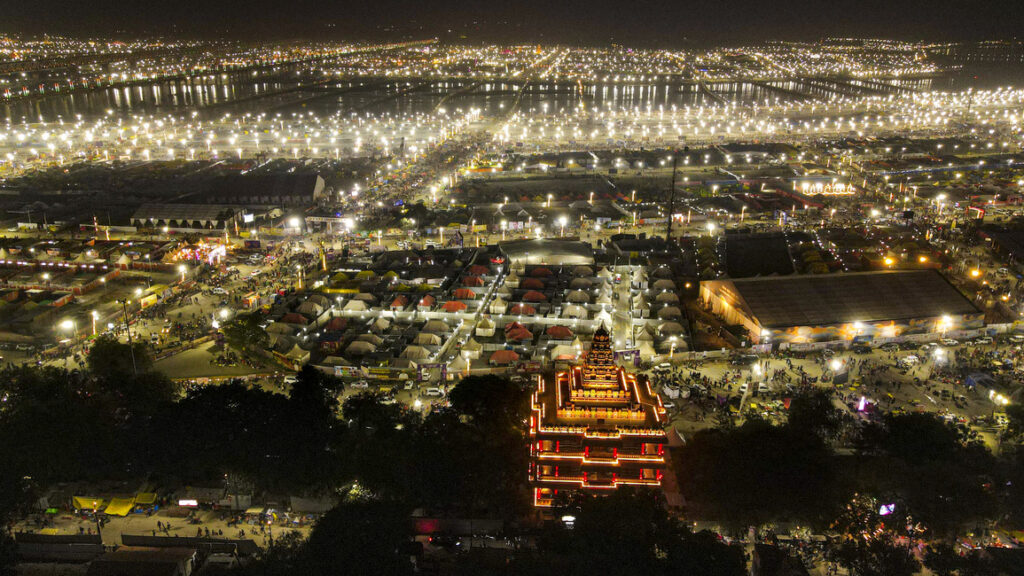
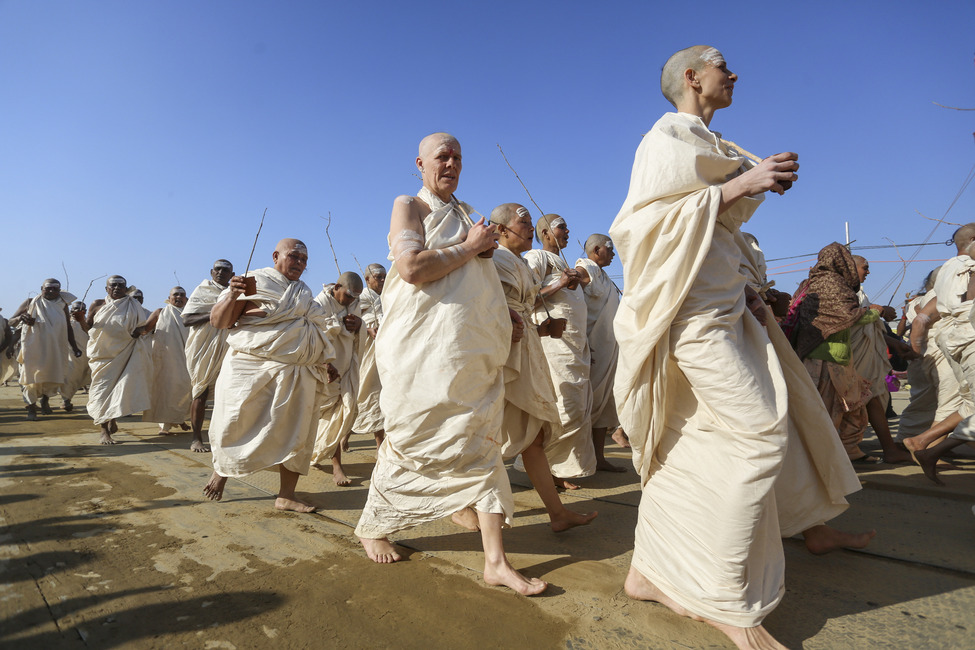
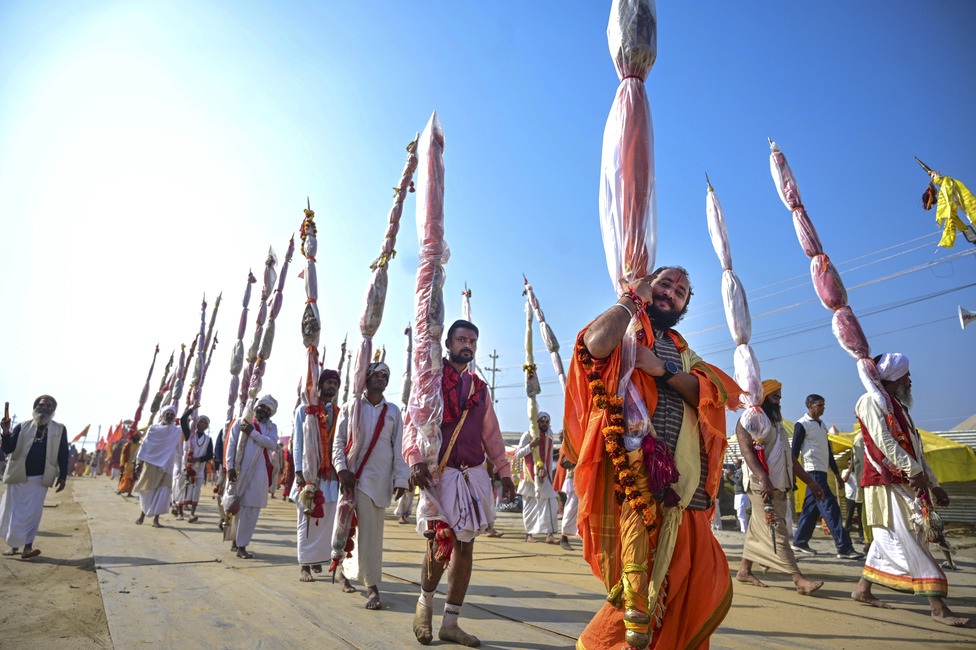
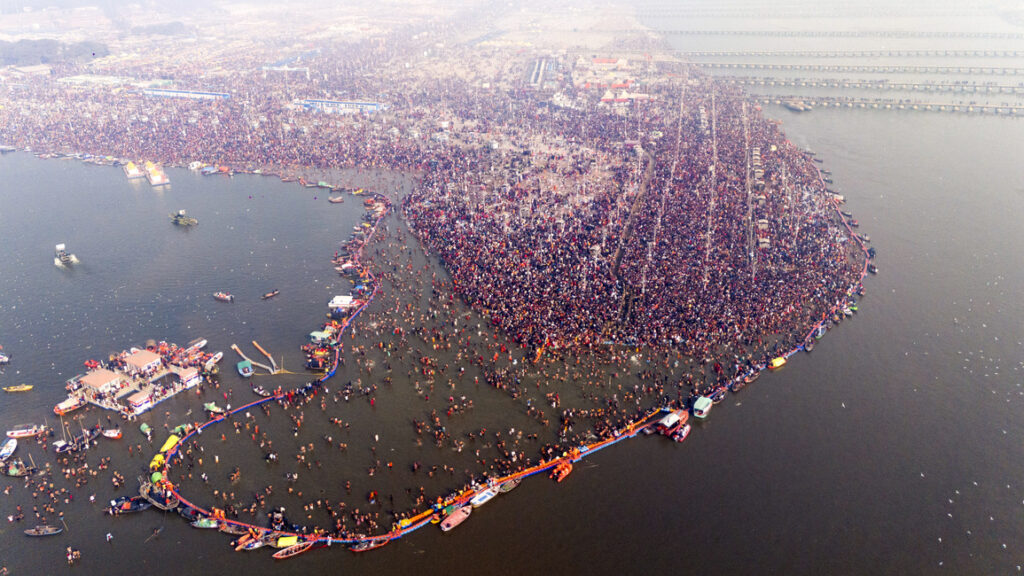
The City And Its Citizens
The enormous sprawl of the Maha Kumbh is truly breathtaking. This time, for better administration, the Kumbh City was designated as a separate district with complete civic amenities. Besides visitors, a few lakh people resided in the area for the entire duration of the Kumbh.
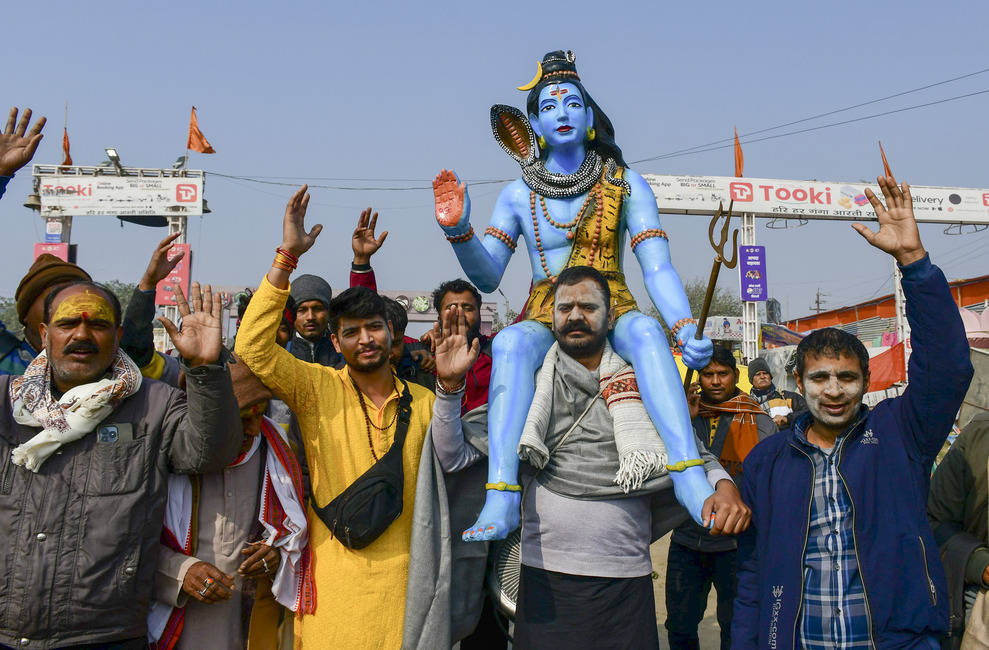
Many Shades of Devotion
People from all walks of life and different parts of the world answered the call of divinity. The Maha Kumbh showcased the expansive nature of Sanatan Dharam in all its glory
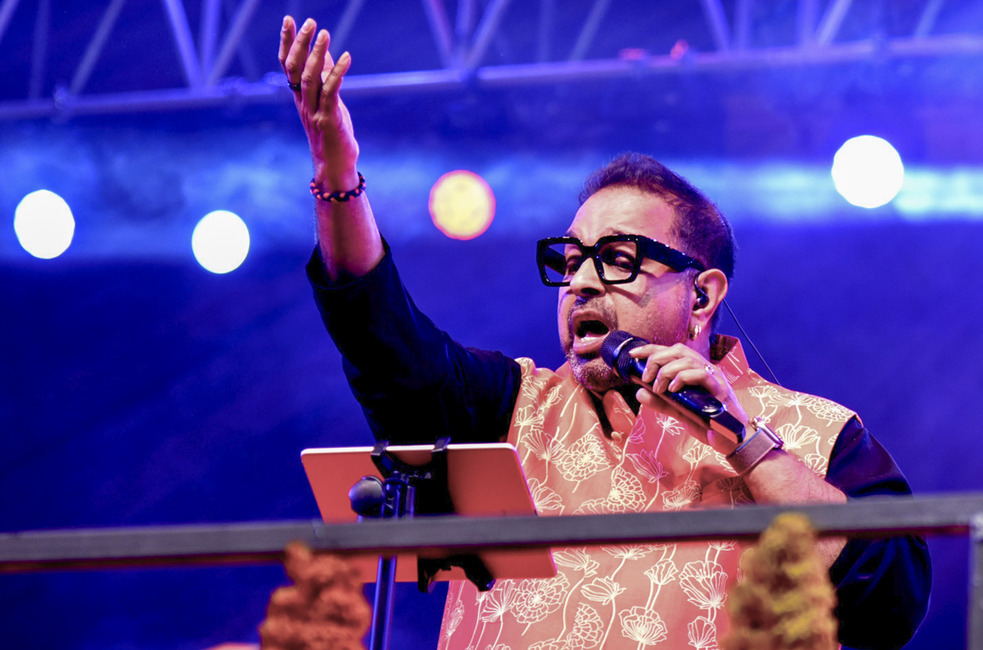
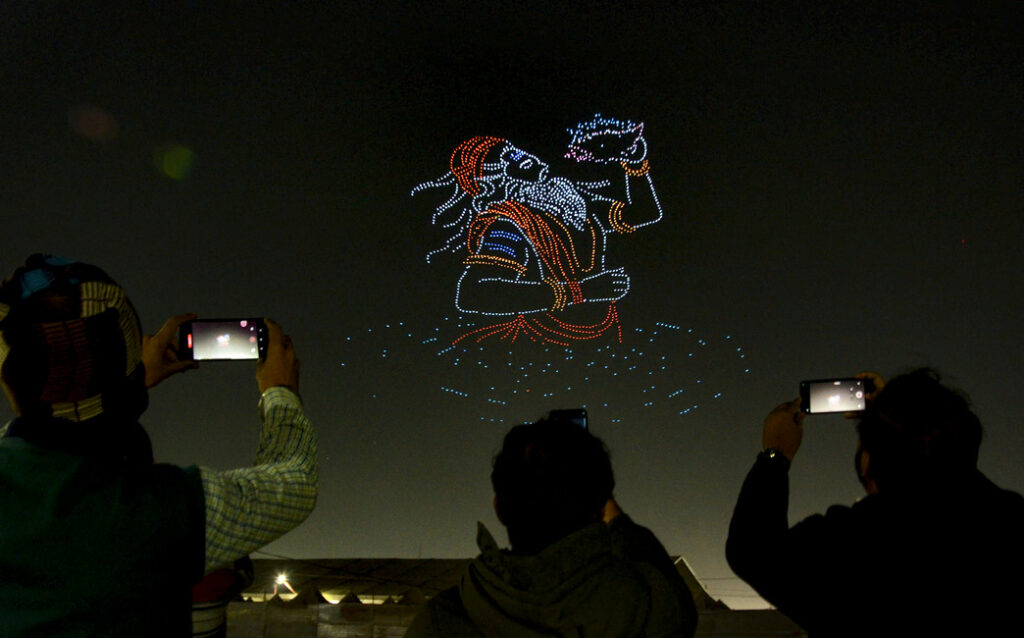
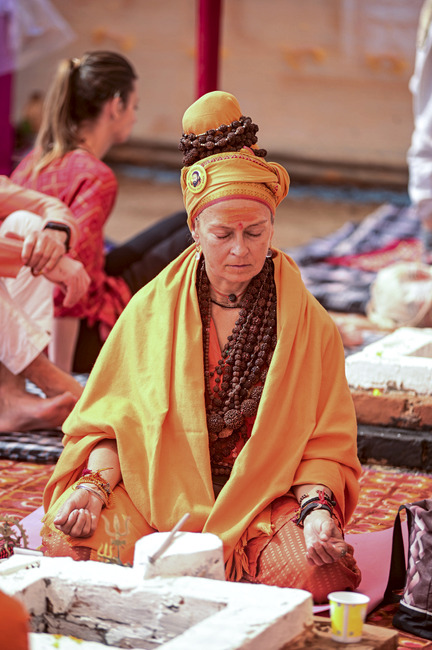
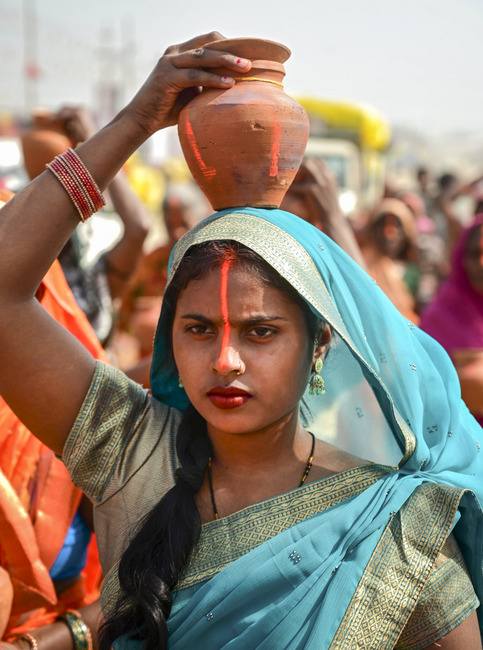
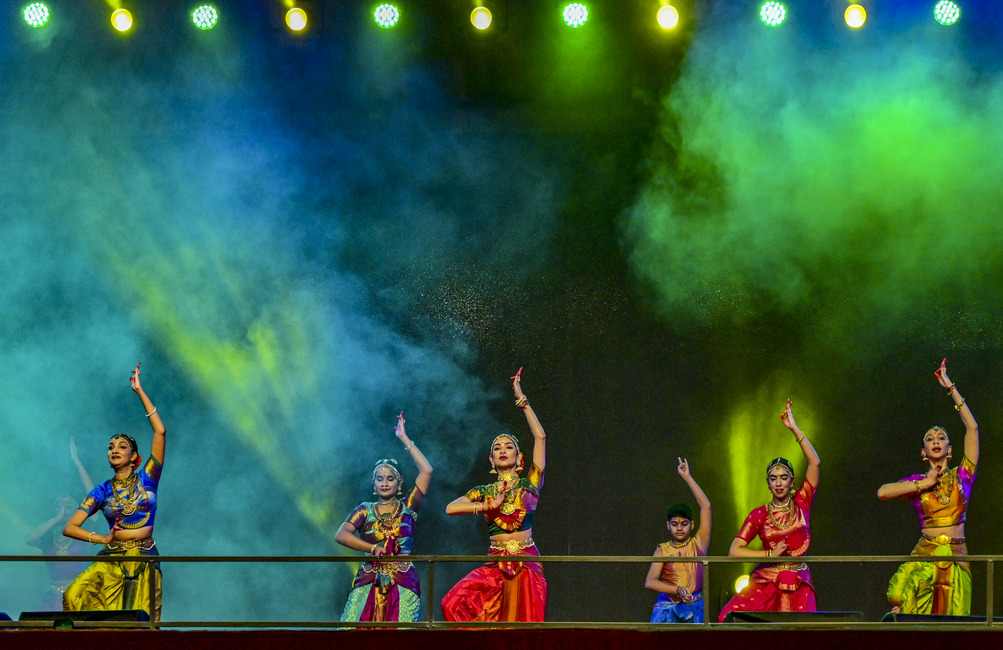
Making A Cultural Statement
The Maha Kumbh, besides being a spiritual event, also provides the grandest stage to showcase the cultural legacy of India. Performances by some of the top artistes and groups added colour to the rich tapestry of India’s heritage.


Add Comment